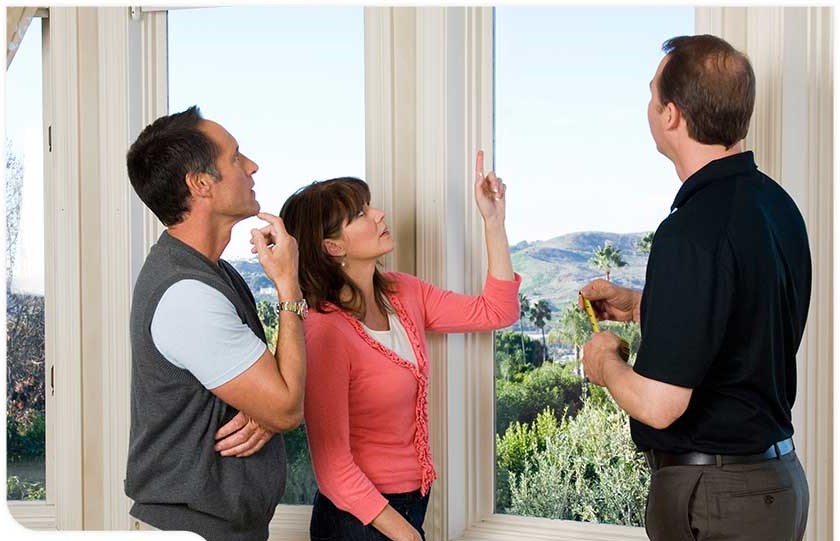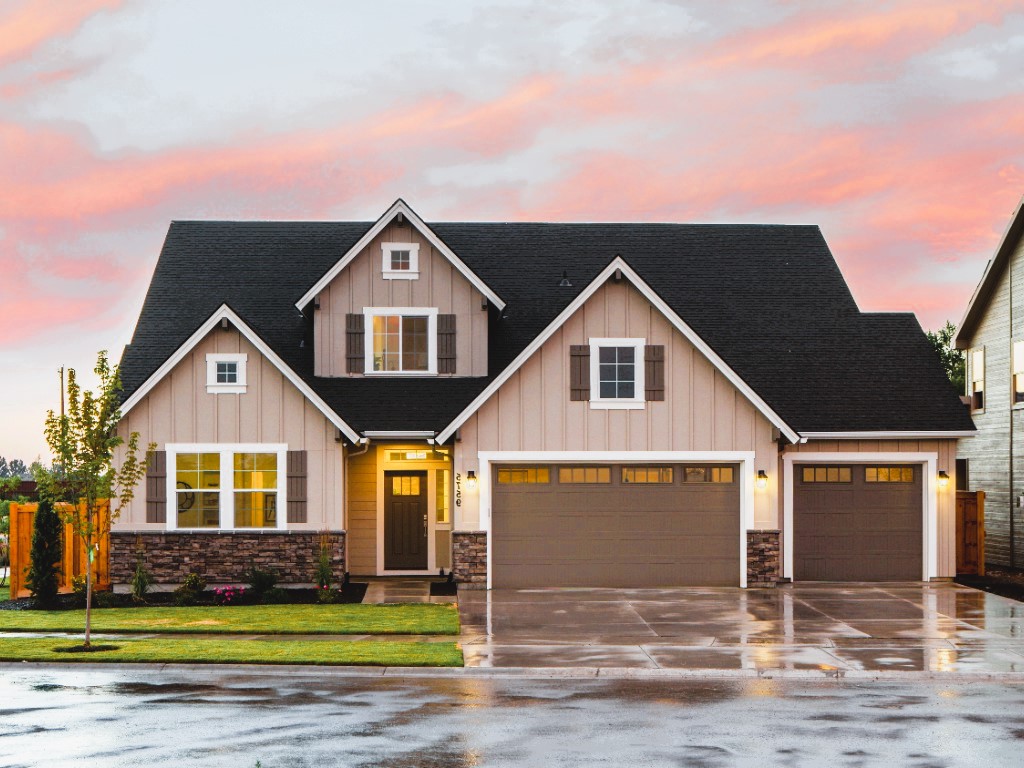Windows are not only an essential architectural element of a home but also play a significant role in its energy efficiency and overall comfort. As a homeowner in any location, including Parksville, Canada, understanding window efficiency ratings is crucial when it comes to making informed decisions about window replacements or upgrades. In this article, we will explore what homeowners should know about window efficiency ratings and how they can contribute to a more energy-efficient and comfortable living space.
Understanding Window Efficiency Ratings
Window efficiency ratings are standardized measurements used to assess the performance of windows in various aspects of energy efficiency. These ratings are based on specific criteria and are helpful in comparing different window options to determine their effectiveness in preventing heat loss, reducing drafts, and minimizing energy consumption for cooling and heating.
Key Window Efficiency Ratings
1. U-Factor
The U-factor measures how well a window can resist heat transfer or heat loss. It is expressed as a numerical value, and lower U-factor values indicate better insulation capabilities. A lower U-factor means that the window provides more effective insulation, which is especially important in colder climates like Parksville.

2. Solar Heat Gain Coefficient (SHGC)
The SHGC measures how much solar radiation a window allows into the home. It is represented as a number between 0 and 1. A lower SHGC means the window is better at blocking solar heat, which is beneficial in hot climates to reduce the need for cooling.
3. Visible Transmittance (VT)
The VT measures the amount of visible light that can pass through a window. It is represented as a number between 0 and 1. Higher VT values indicate that more natural light can enter the home, which can positively impact energy consumption for lighting.
4. Air Leakage
Air leakage rating indicates how much air can pass through the window. It is measured in cubic feet per minute per square foot of window area (cfm/ft²). Lower air leakage values mean the window is less prone to drafts and energy loss. How windows affect the heat in the house? We recommend reading our article on window inspection.
5. Energy Star® Certification
Windows that meet specific energy efficiency criteria set by the Energy Star program are awarded an Energy Star® certification. This certification indicates that the window is designed to save energy and reduce greenhouse gas emissions. You can read more about this topic at www.wikipedia.org
Benefits of High Window Efficiency Ratings
1. Energy Savings
Windows with high efficiency ratings help reduce energy consumption for heating and cooling. This leads to lower utility bills and significant savings over time.
2. Enhanced Comfort
Energy-efficient windows minimize drafts and maintain a more consistent indoor temperature, enhancing the comfort of your home year-round.
3. Environmentally Friendly
By reducing energy consumption, high-efficiency windows contribute to a lower carbon footprint and a more sustainable living environment.

4. Noise Reduction
Windows with good insulation properties also offer noise reduction benefits, making your home quieter and more peaceful.
Selecting the Right Window for Your Home
When selecting new windows or upgrading your existing ones, consider factors such as climate, orientation, and your specific energy efficiency goals. Consulting with a reputable window supplier or a certified energy advisor can help you make the best choice for your home.
Conclusion
Understanding window efficiency ratings is crucial for homeowners in Parksville and beyond. These ratings provide valuable information about a window’s insulation capabilities, solar heat gain, visible light transmittance, air leakage, and overall energy efficiency. By choosing windows with high efficiency ratings, homeowners can create a more energy-efficient, comfortable, and environmentally friendly living space.
Investing in energy-efficient windows not only contributes to cost savings but also plays a significant role in reducing the environmental impact of your home. It is a step towards creating a more sustainable and eco-conscious living environment for both present and future generations.



